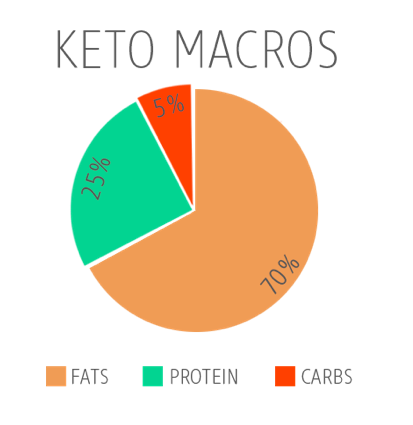

This version of the diet allows for the lowest amount of carbs (hence being the strictest). The original study found that sticking to the keto diet for one year led to improvements for 44 percent of study participants, with another 12 percent becoming seizure-free, per a study published in June 2016 in Practical Neurology. “Strict ketosis was traditionally for those using ketosis as part of treatment for who were nonresponsive to medication,” Kizer says. Sometimes called the “therapeutic keto diet,” this is the original version of keto, which was created in the 1920s to help treat seizures, according to a study published in Current Treatment Options in Neurology. How It Works When people say they’re on the strict version of keto, they’re likely referring to the one that’s been shown to help treat epilepsy. A Strict Keto Diet Is Used for Epilepsy Treatment Kizer says to keep in mind that while there are many studies involving ketosis, these variations of the diet have not yet been researched.

Here, dive into six of the most popular types of the ketogenic diet. That depends on a few factors, including your goals, activity level, and health history. If you’re already trying a keto diet or are interested in starting one, you may be wondering which version is for you. Which Type of the Keto Diet Is Right for You? RELATED: 10 Healthy Foods You Can’t Eat on the Keto Diet She also worries that reducing carbs as much as the original keto diet calls for will cut out nutrient-rich foods, like whole grains, certain veggies, and fruits. “For most, it’s a fad diet that will offer temporary results.” That runs counter to Newgent’s usual advice to find an eating plan you can follow for a lifetime. “For most people, going keto means jumping on the diet-of-the-moment bandwagon,” says Jackie Newgent, RDN, a culinary nutritionist in New York City and the author of The All-Natural Diabetes Cookbook. Keto Isn’t Without Its Drawbacks, Health-Wiseīut not everyone’s a fan. There are some other researched benefits beyond weight loss, including possibly acting as a mood stabilizer in those with bipolar disorder (per a very small study in Neurocase) and, more rigorously studied, lessening epileptic seizures (according to a study published in May 2016 in Epilepsy & Behavior). “ is popular because in most cases it can produce very easy and effective weight loss - that’s the primary reason why people start it,” says Los Angeles–based Franziska Spritzler, RD, founder of Low Carb Dietitian. Ketosis is a natural metabolic state in which the body burns fat rather than carbs. Keeping the body in ketosis for extended periods of time may lead to weight loss, according to a study published in the Fall 2014 issue of Experimental & Critical Cardiology. Ketosis occurs when the body turns to fat as its main source of energy instead of carbohydrates, says Amy Shapiro, RD, the New York City–based founder of Real Nutrition. RELATED: What Are the Benefits and Risks of the Keto Diet?

“A keto diet to me would be any diet that gets a body into ketosis,” she says. Kristen Kizer, RD, a registered clinical dietitian at Houston Methodist Hospital in Texas, says that all of these diets have one thing in common. Quick, Short-Term Weight Loss Is an Appealing Factor of Keto

As a result, several spins on the keto diet have emerged. That’s inspired some to tweak the low-carb, high-fat diet to meet their needs. Keto devotees stay true to the diet 100 percent of the time, while others have found they need a little more carbohydrates or protein. (In 2020, it came in 34 th of 35 places in the site’s Best Diets Overall category.) The reason may be that for many people, including some prominent celebrities, the ketogenic (or “keto”) diet offers the kind of dietary switch-up that may produce results such as quick weight loss and increased energy. This year, the popularity of the ketogenic way of eating hasn’t waned - in fact, it seems stronger than ever, despite getting its annual knockdown by U.S.


 0 kommentar(er)
0 kommentar(er)
